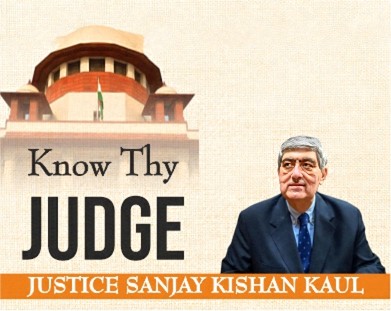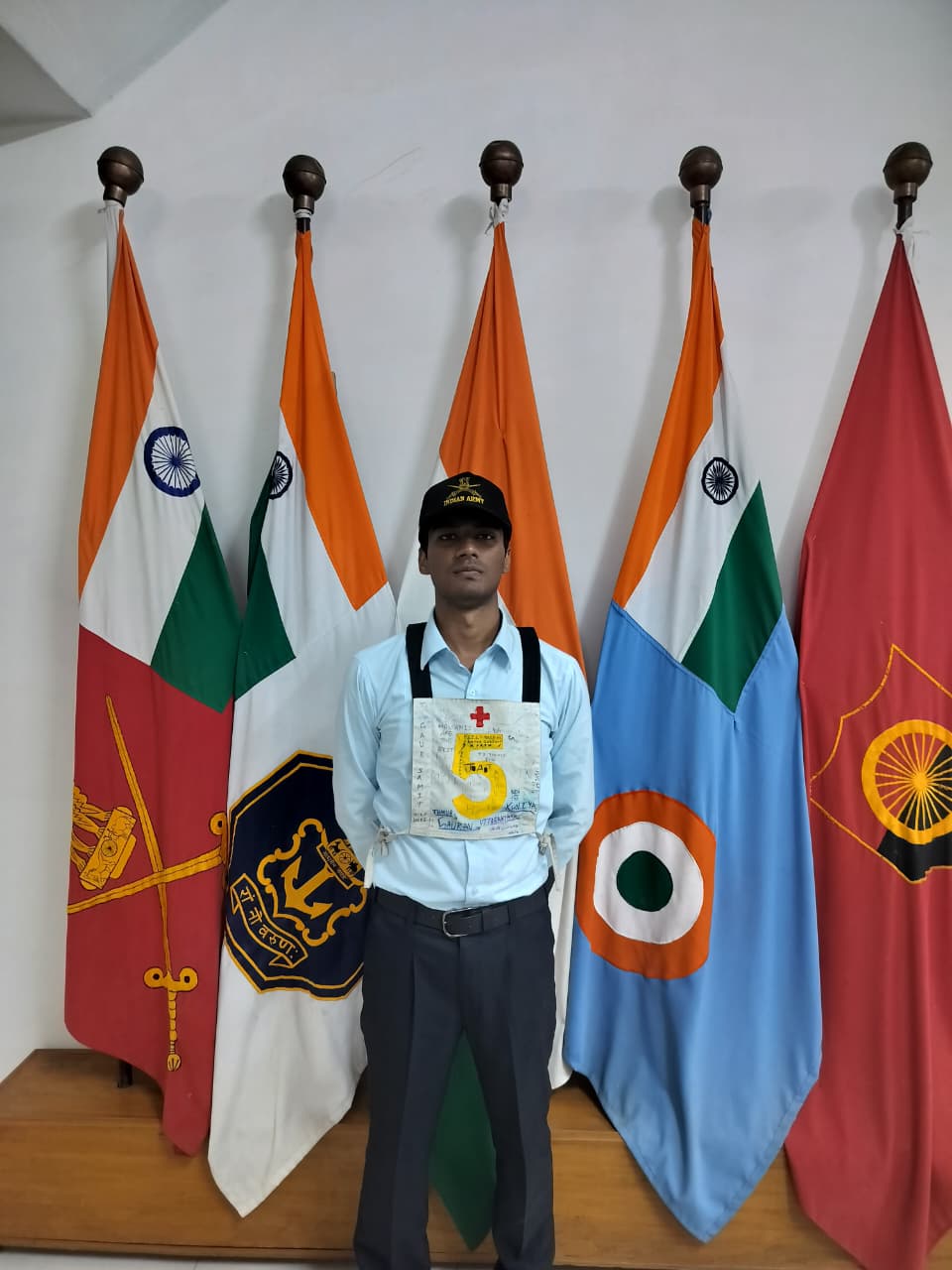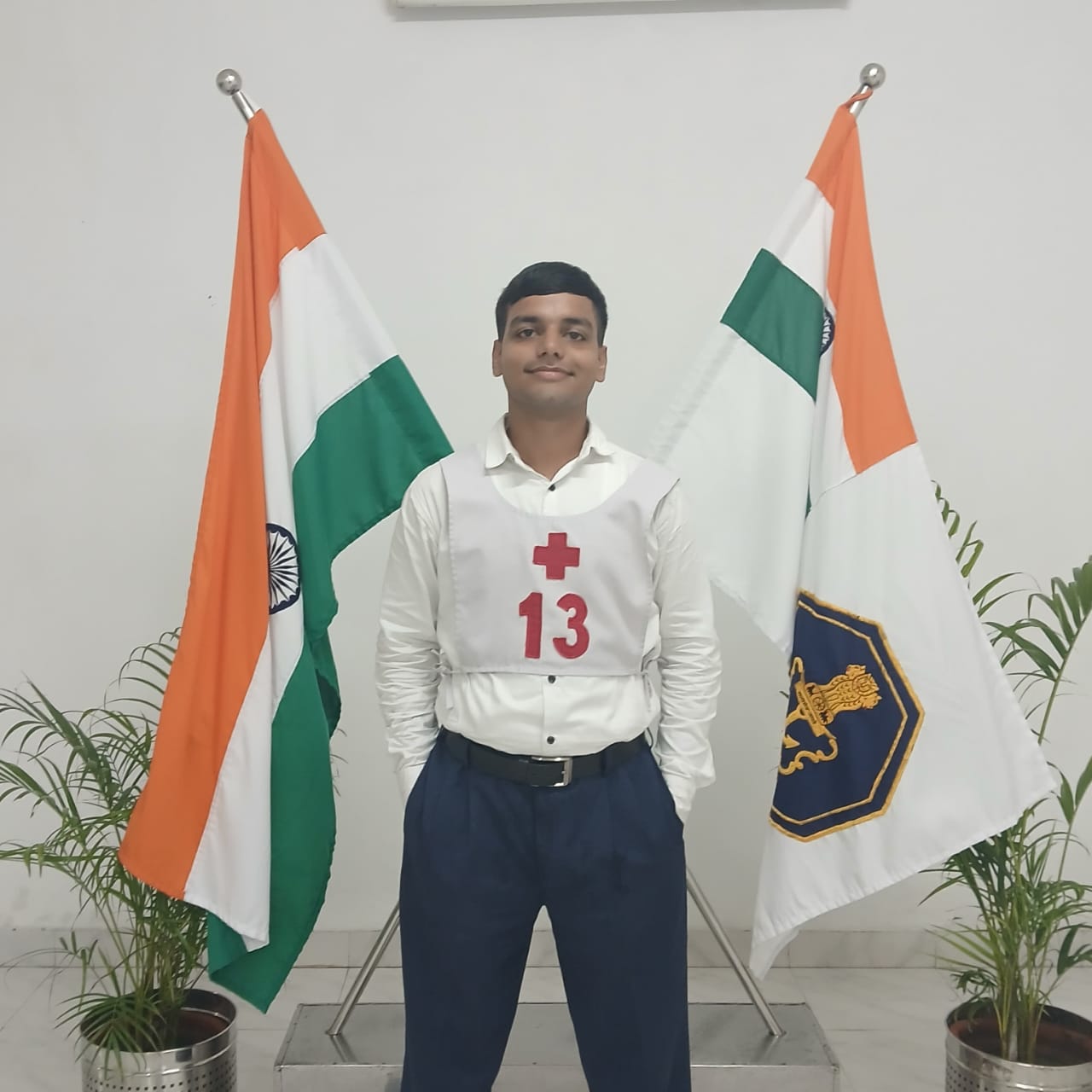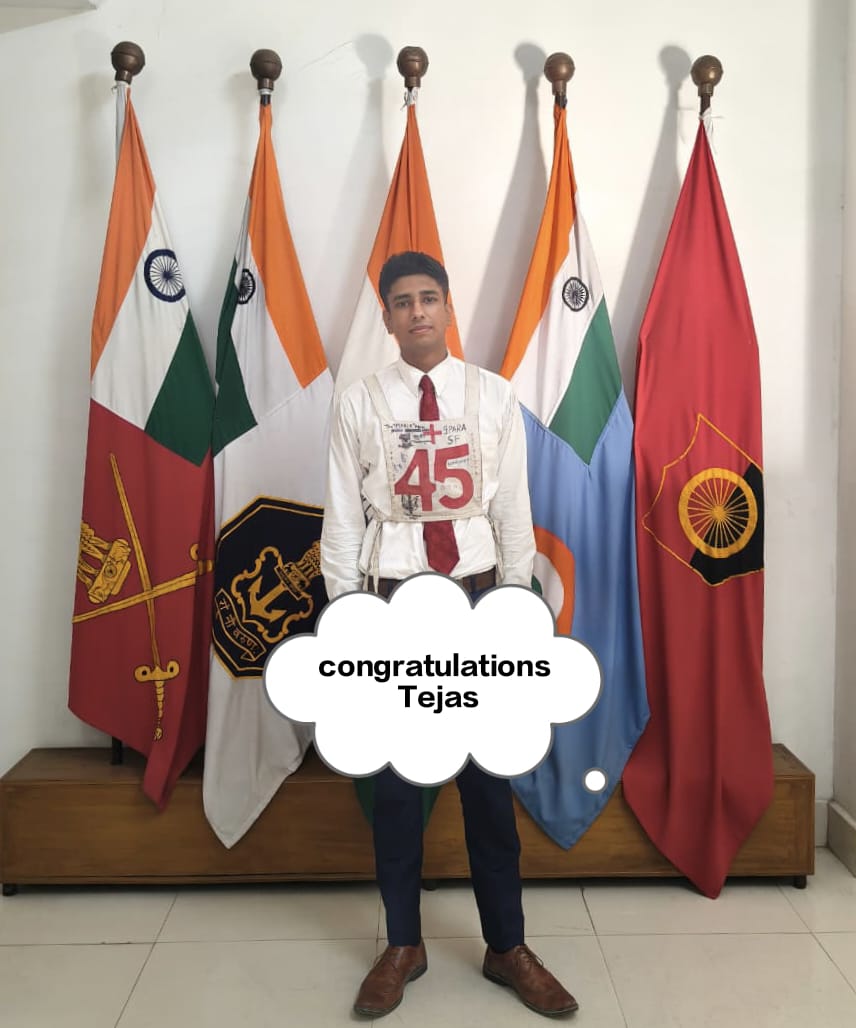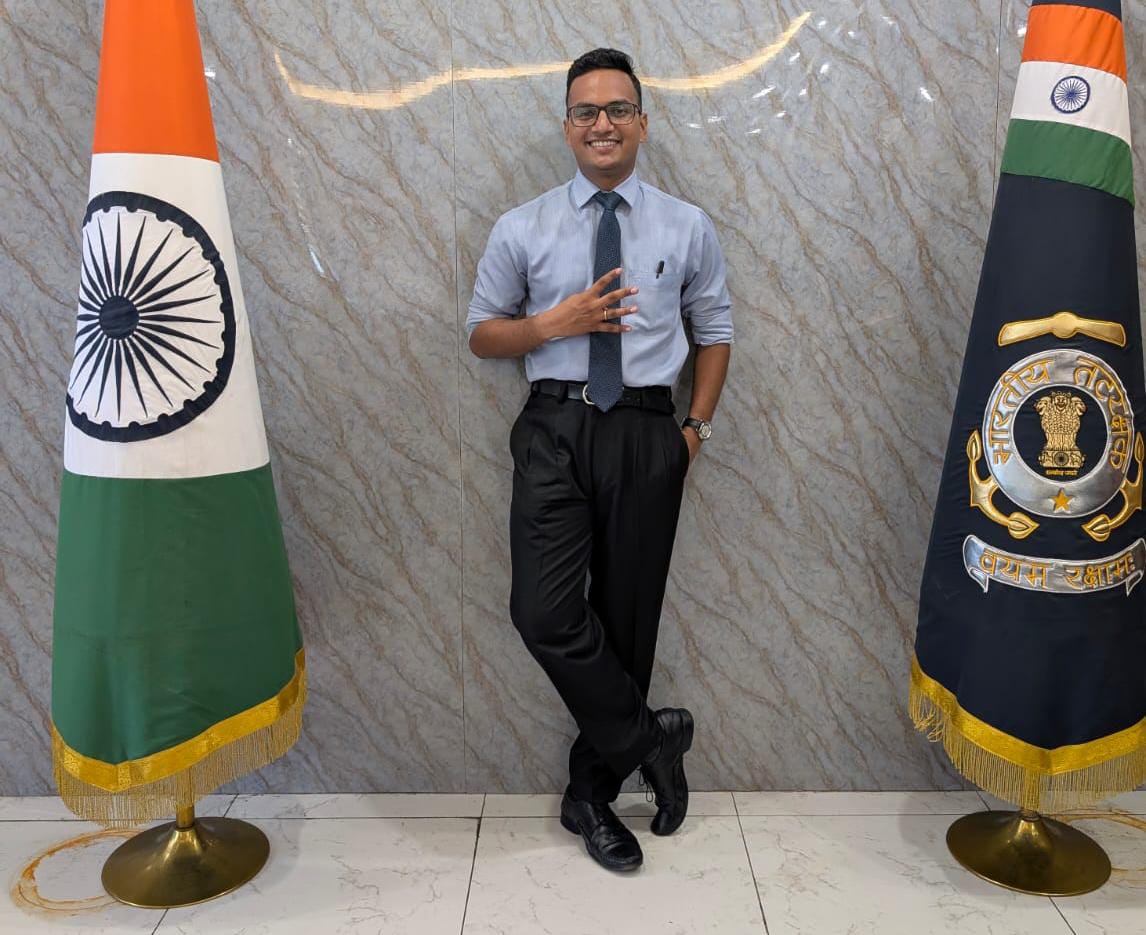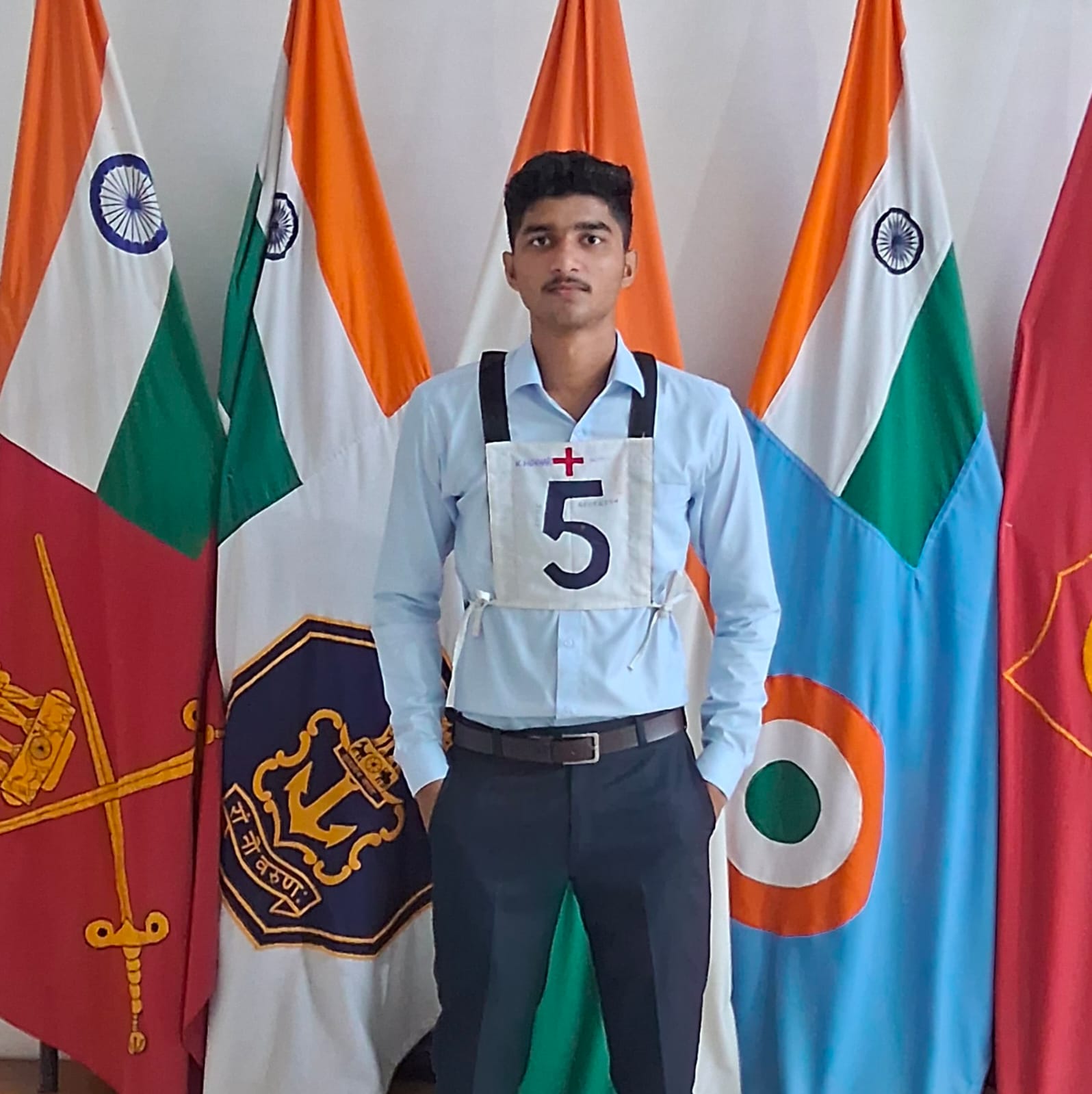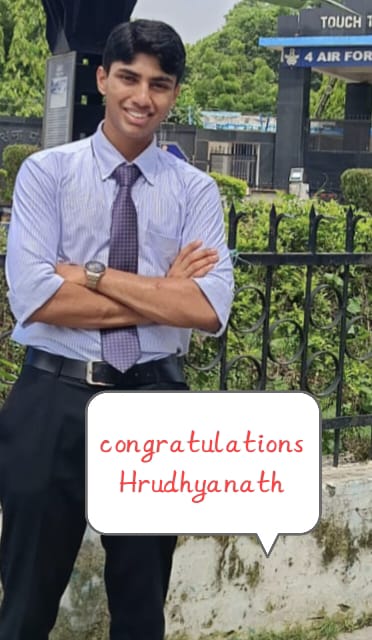"The spotlight dances, applause rolls in,
We count the stars, we toast the win—
But hush a moment, take a breath,
Whose name got lost in all the rest?"
When young girls proudly marched into the National Defence Academy (NDA) in 2022, the nation celebrated a progressive leap. But do we remember who made it possible?
The credit often goes to the Ministry of Defence or the UPSC, but the real push came from the judiciary—specifically, from Justice Sanjay Kishan Kaul of the Supreme Court.
Let’s rewind.
In early 2021, a Public Interest Litigation (PIL) was filed by advocate Kush Kalra, questioning why women were barred from NDA admission. The argument was simple but powerful: How can a modern democracy deny opportunities based on gender, especially in the armed forces?
On August 18, 2021, a two-judge bench of the Supreme Court—Justice Sanjay Kishan Kaul and Justice Hrishikesh Roy—delivered a game-changing interim order. They directed the Centre and UPSC to allow women to sit for the NDA exam. Their words were clear: “This is a policy based on gender discrimination, and it must change.”
But the real drama unfolded on September 22, 2021. The government came back to the Court and said, “We’ve decided to allow women in NDA—but let’s start next year.”
Justice Kaul didn’t blink. He said firmly, “No more delays. The process must begin now. We gave hope to the girls. We cannot deny them that hope now.”
And with that, women were allowed to appear for the November 2021 exam.
Building on this wave of progress, on December 18, 2021, the Ministry of Defence officially announced that girls would be allowed admission to all Sainik Schools across the country from the 2022-23 academic year. This decision aimed to prepare more young women for military careers right from school level—an important step that aligned perfectly with the vision of equal opportunity promoted by the Court.
So next time we see proud NDA cadets in uniform, or young girls entering Sainik Schools with dreams in their eyes, let’s remember where it began. Justice Kaul didn’t just pass a judgment—he made history.




